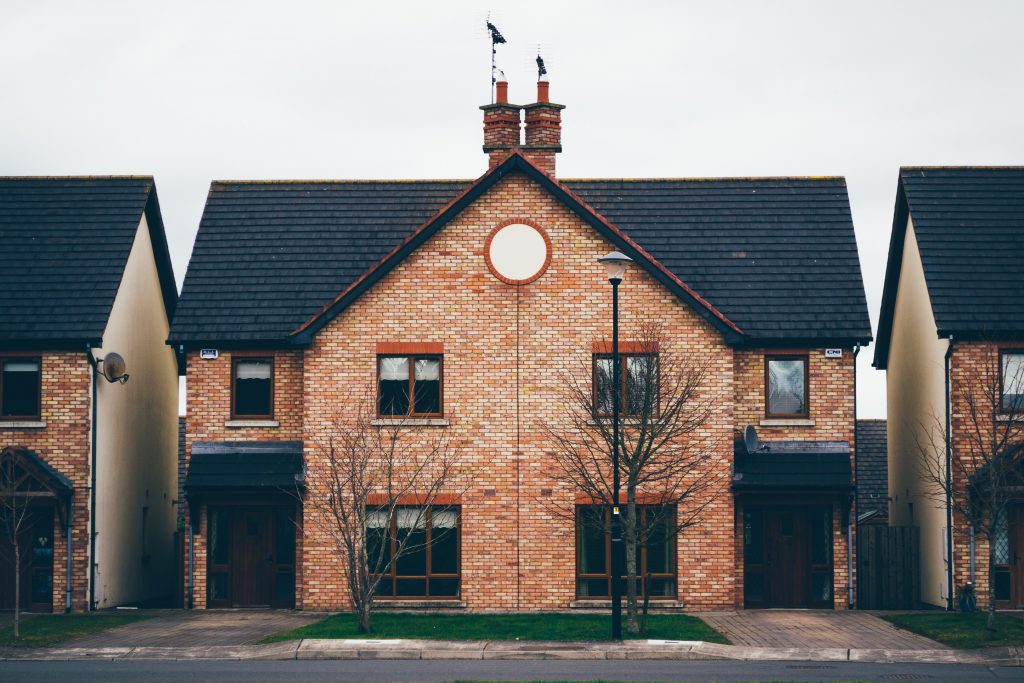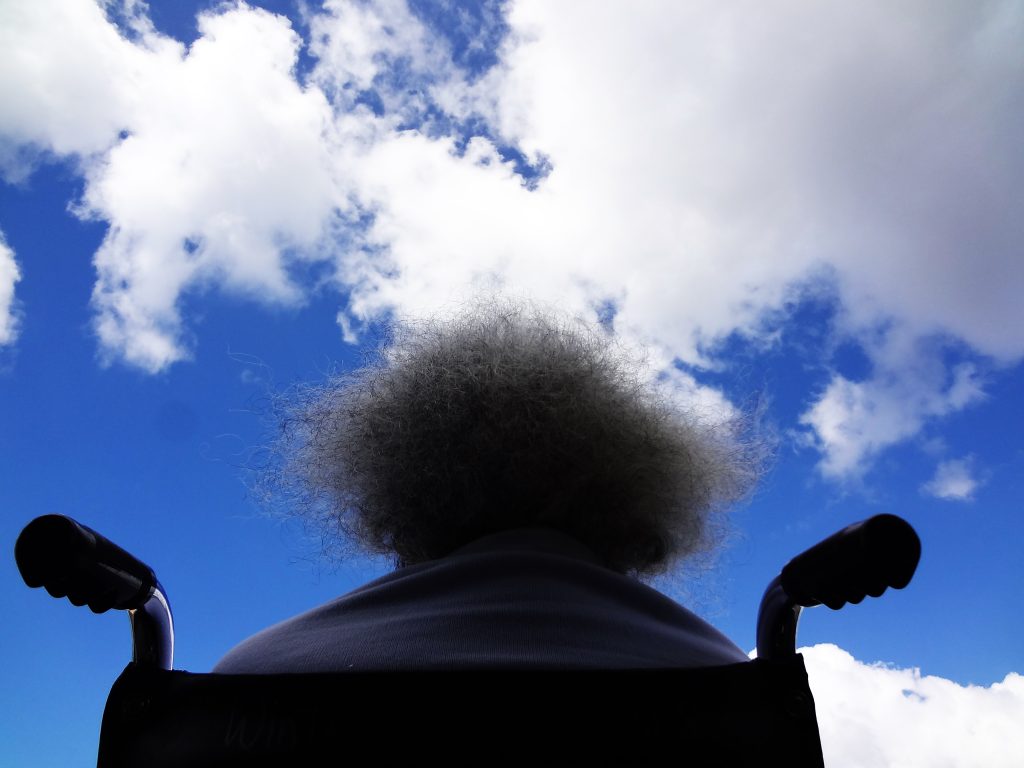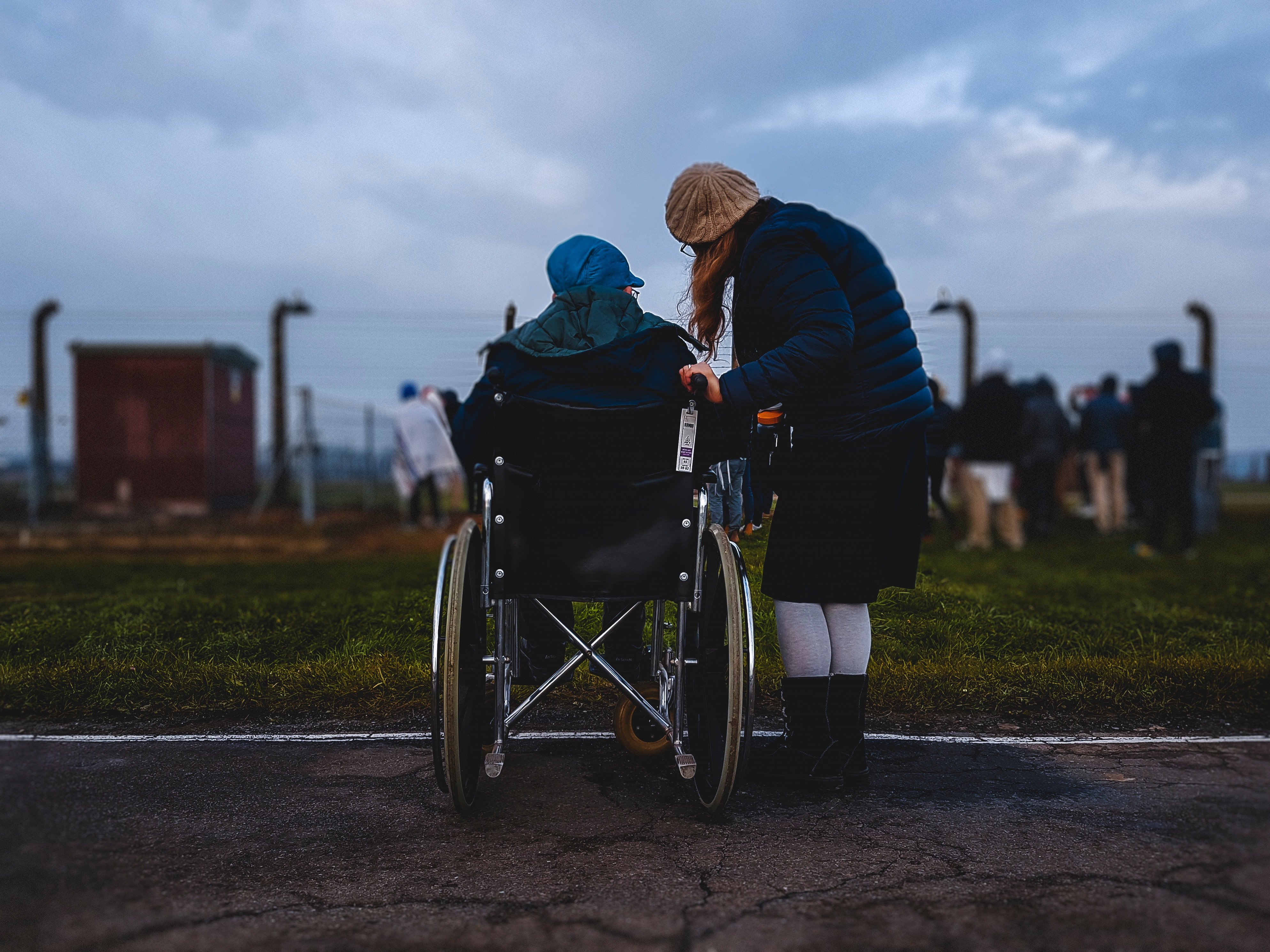Millions of disabled people in Britain are forced to live in unsuitable homes leaving them frustrated and demoralised, according to a new report by the Equality and Human Rights Commission.
Following an inquiry into the situation of housing for disabled people, the Commission uncovered a ‘hidden crisis’ across the country characterised by a chronic shortage of accessible and adaptable homes as well as ‘patchy’ access to support and advocacy on independent living.
Disabled people have the right to live independently and to be included in the community under the United Nations Convention on the Rights of People with Disabilities (the UNCRPD). Accessible housing options and the availability of community support services are key for the realisation of these rights.
So, what are the key causes of this housing crisis, according to the report?
High Demand, Very Short Supply
 Image Credit: Jamie Street / Unsplash
Image Credit: Jamie Street / Unsplash
There are approximately 13.3 million people with disabilities living in Britain, but only 7 percent of homes in England offer ‘minimal accessibility features’ and thus meet the requirements of their inhabitants. In Scotland the situation is even more acute. Here only 0.7 percent of local authority housing and 1.5 percent of registered social landlord (not-for-profit housing providers approved by Government) homes are wheelchair accessible.
The causes of this shortage are weak regulations, poor planning by local authorities as well as property developers’ reluctance to build accessible homes, which they consider less profitable.
The Commission found that there is a lack of high-quality data available to local authorities to plan for current and future requirements for accessible homes. Developers often fail to comply with accessibility regulations but only 3 percent of all local authorities took action against them in the last three years.
Following the findings, the watchdog is now demanding a national strategy to ensure an adequate supply of wheelchair accessible and inclusive housing across all types of tenures. At least 10 percent of all new-build homes should be boundary free.
Vital Home Adaptations Hampered by Bureaucracy
 Image Credit: Terrah Holly / Unsplash
Image Credit: Terrah Holly / Unsplash
Many disabled people need adaptations to their homes, such as stair lifts or extra spaces. But, bureaucratic hurdles mean that many are forced to wait an average 22 weeks between application to the local authorities and installation.
Private sector landlords are often reluctant to allow adaptations altogether, sometimes even preventing ramps being fitted to the front door.
The Commission demands a review of the bureaucracy involved in applying for home adaptions as well as of the barriers to installing adaptions in private sector homes.
Accessing Support For Independent Living Is Difficult
 Image Credit: James Williams / Unsplash
Image Credit: James Williams / Unsplash
Support and advocacy services in the community are places for disabled people to turn to when making housing choices and to get advice when homes are unsuitable.
According to the Commission, access to such support is essential for many disabled people to be able to live independent lives. But, availability of such services is ‘patchy’, causing additional difficulties navigating bureaucracy and stress.
The Commission recommends an increased availability of specialist disability advice and advocacy services for housing options.
Why Is the Right to Independent Living So Important?
 Image Credit: Andrew Neel / Unsplash
Image Credit: Andrew Neel / Unsplash
The UNCRPD says that people with disabilities have a right to lead independent and autonomous lives, based on their own choices.
And according to a recent United Nations report on the right to housing for disabled people, a human rights approach to disability should focus on dignity, substantive equality, accessibility and participation, as well as the over-riding obligation to realise the right to housing to the maximum of available resources.
The Commission’s report highlights the significance of suitable housing on the wellbeing of disabled people. Access to support services and adapted homes positively impacted on peoples’ health, prospects of employment and study.
Unsuitable homes and lack of support, however, are barriers to independence and cause deterioration in mental and physical wellbeing, sometimes even causing accidents and subsequent hospital admissions.






